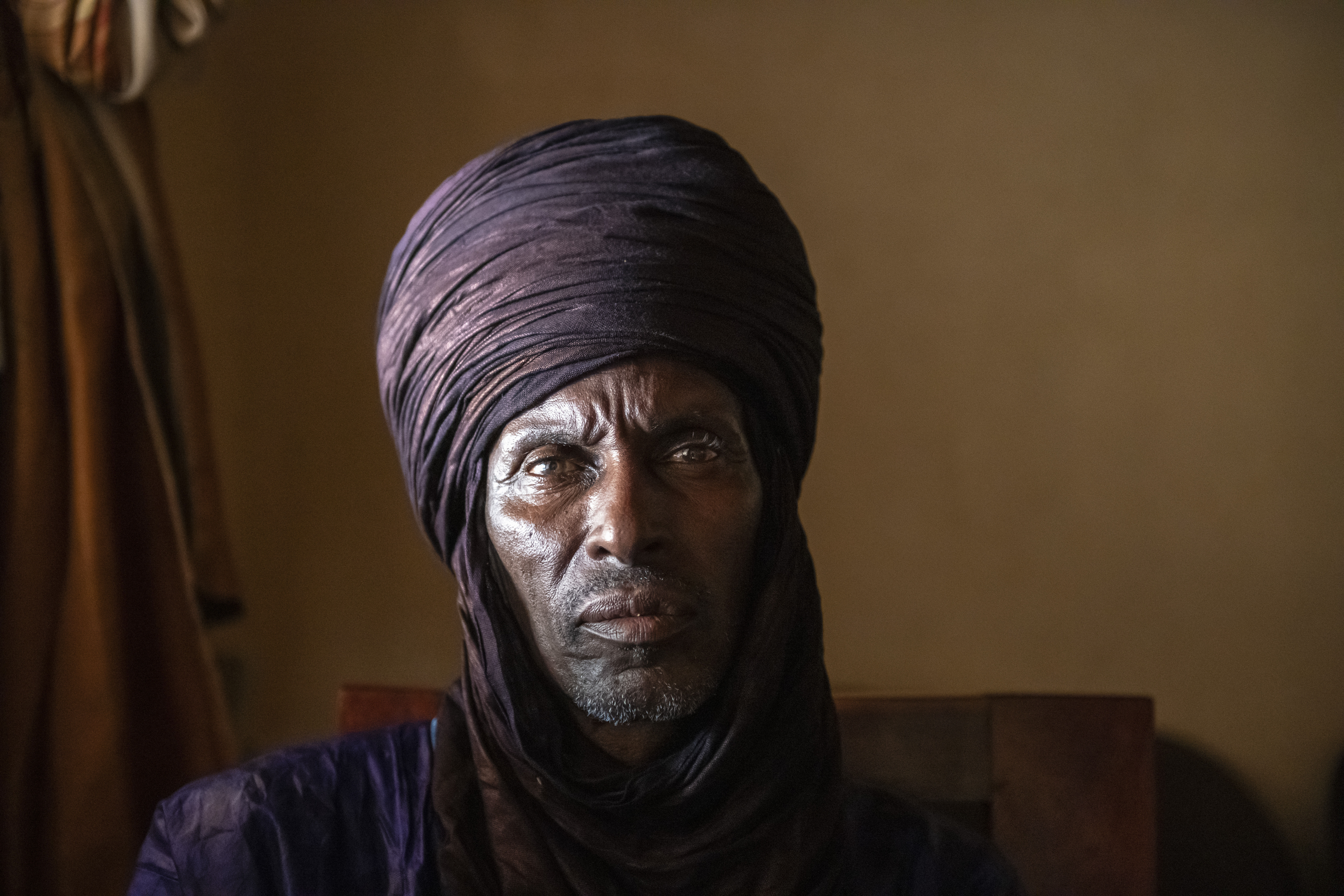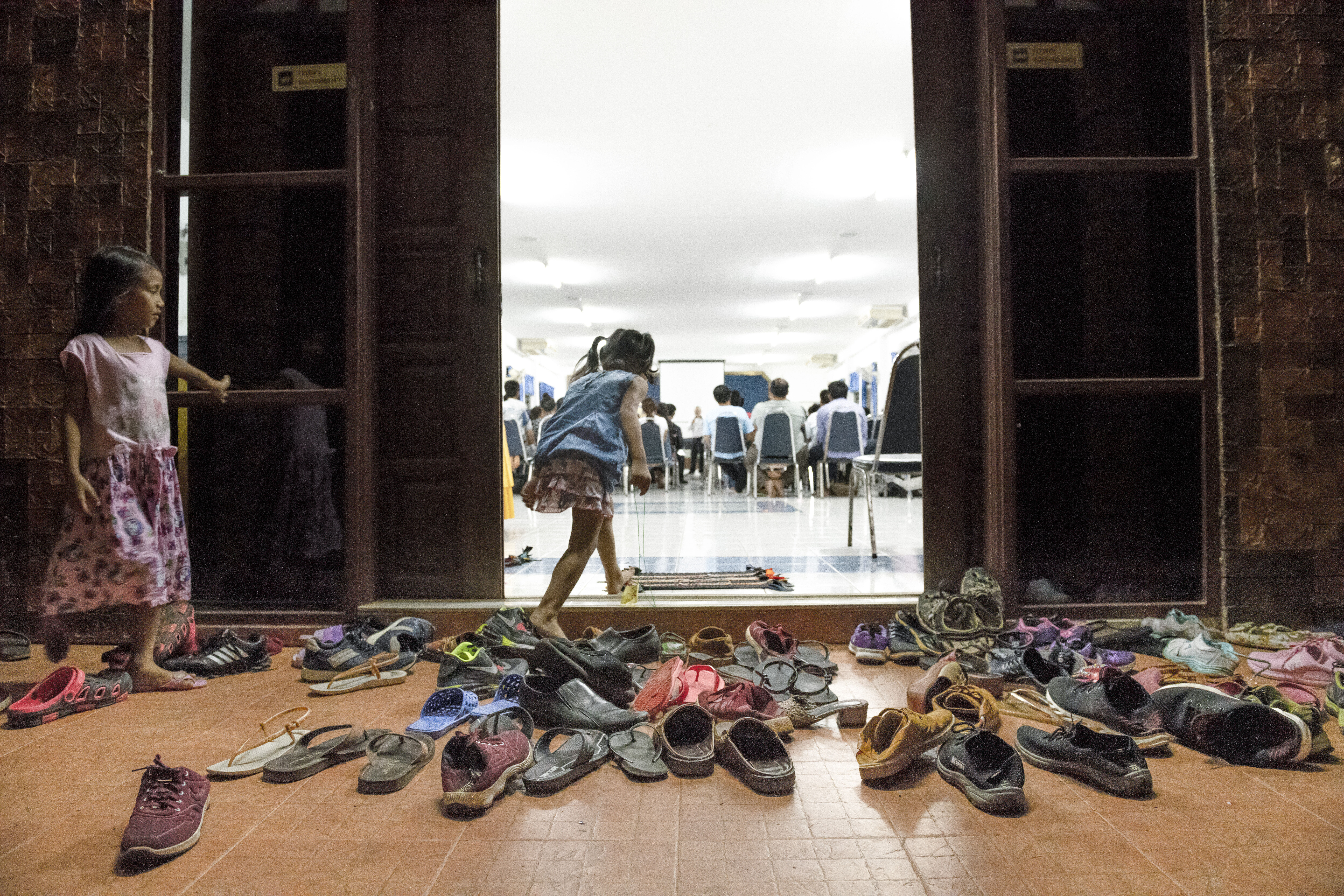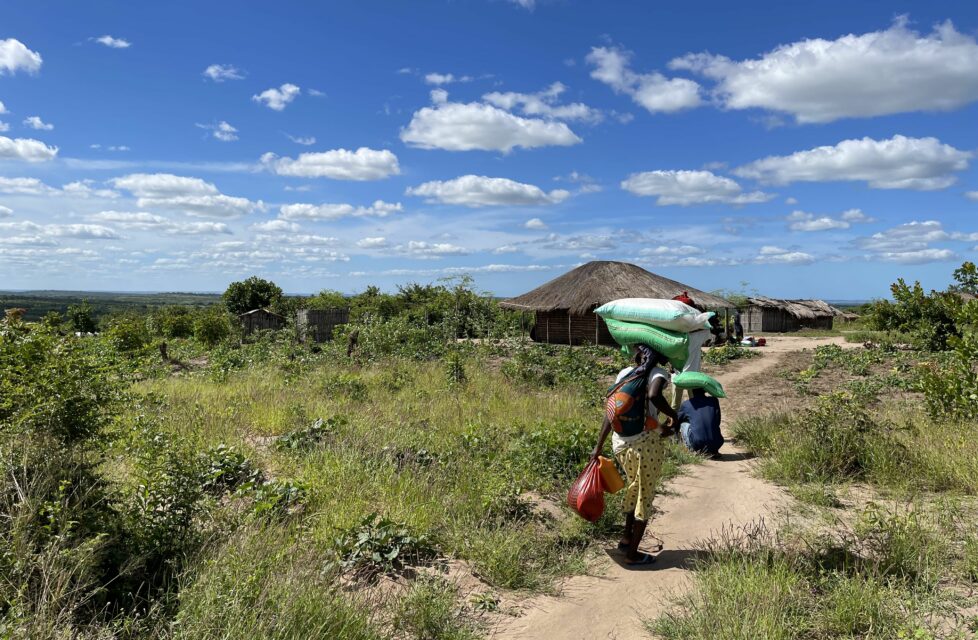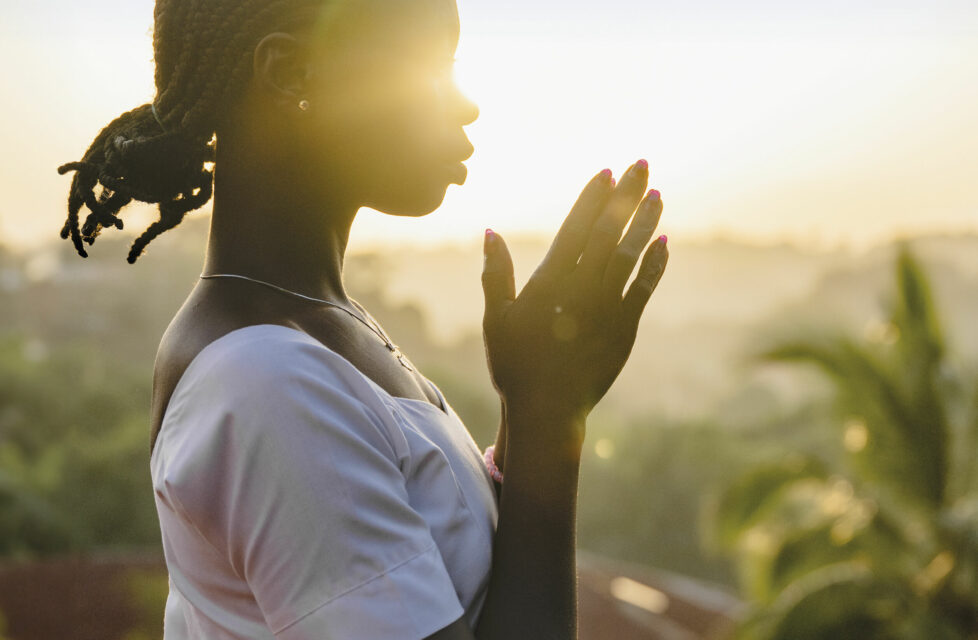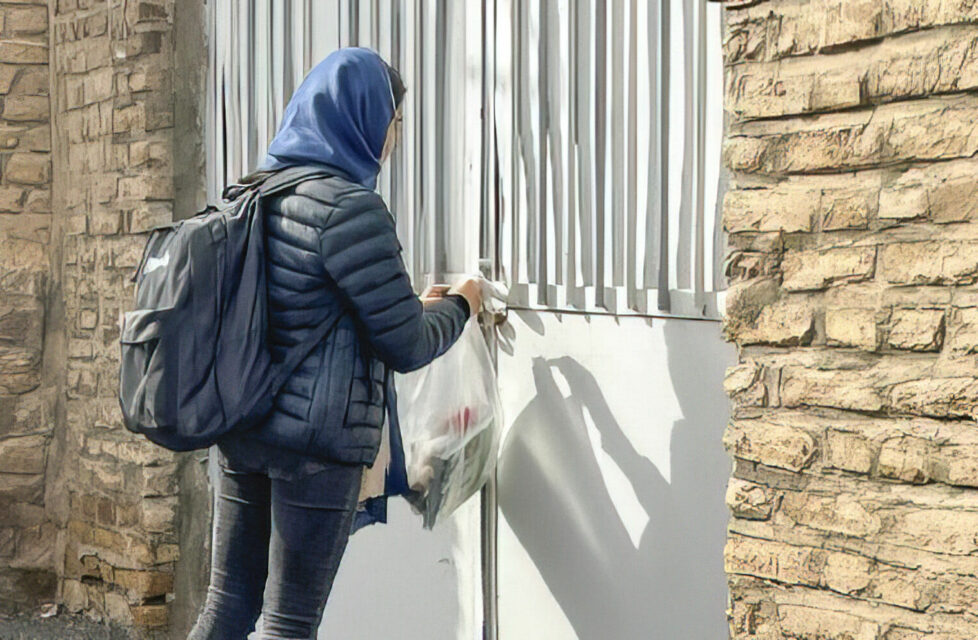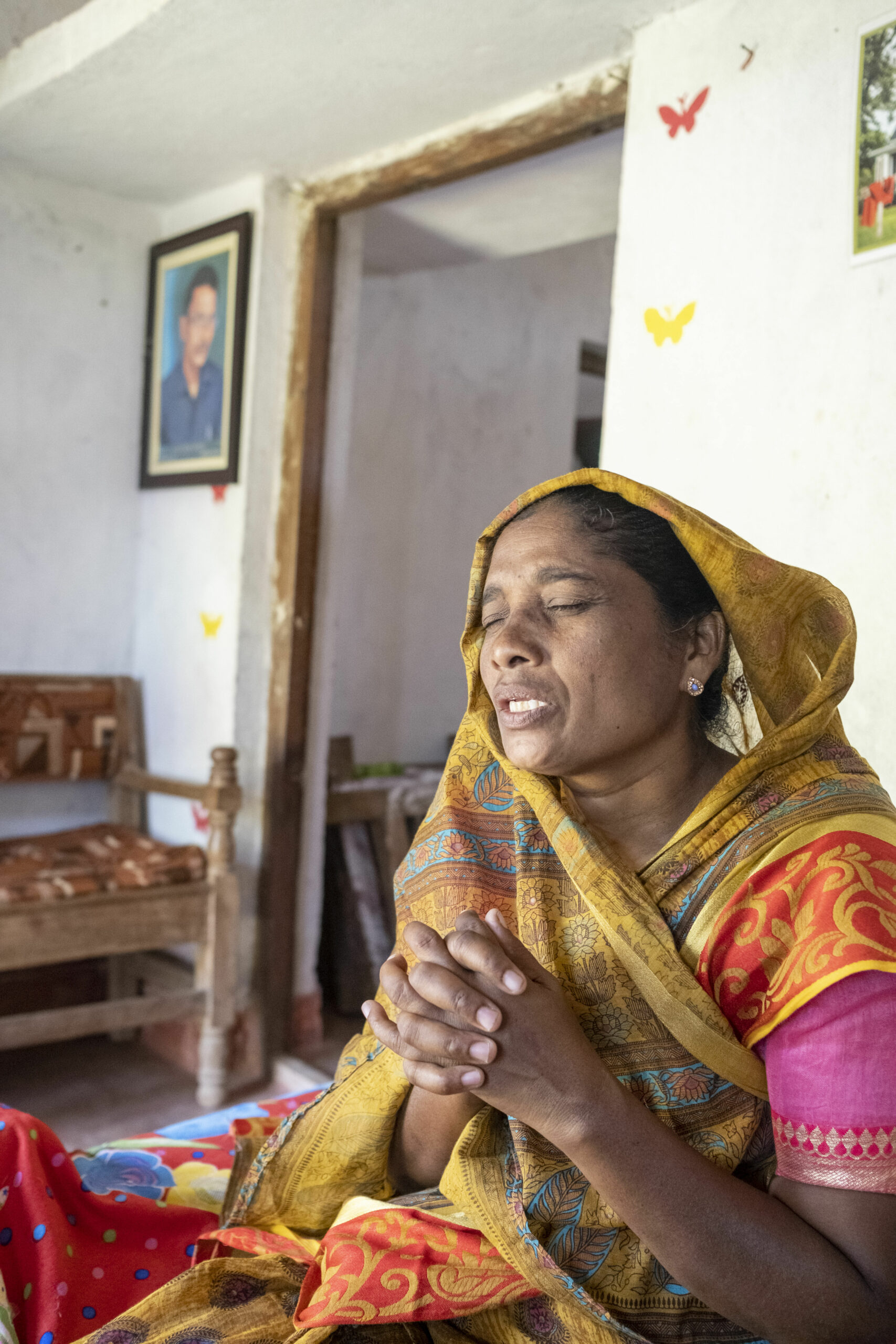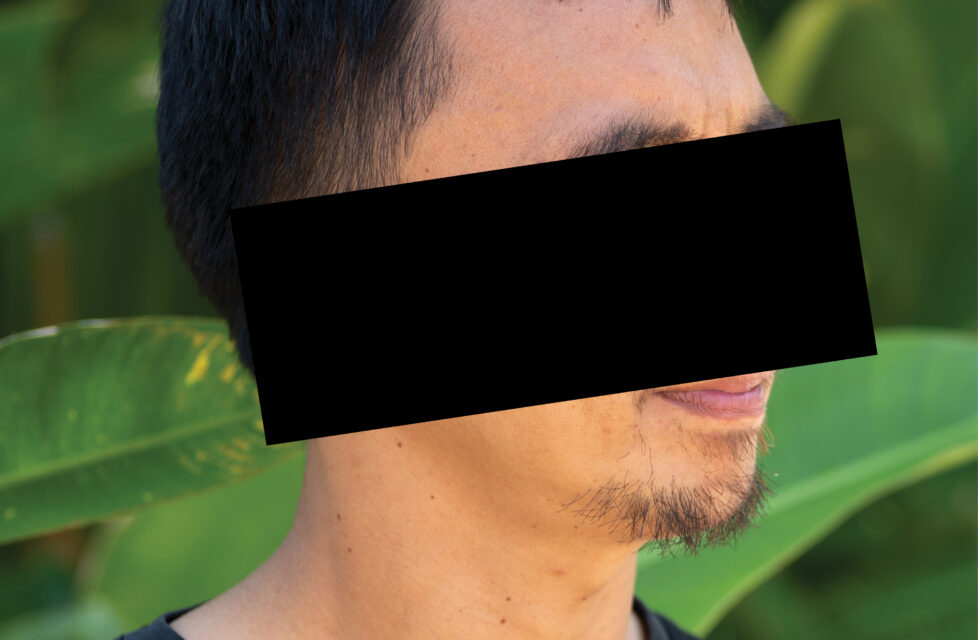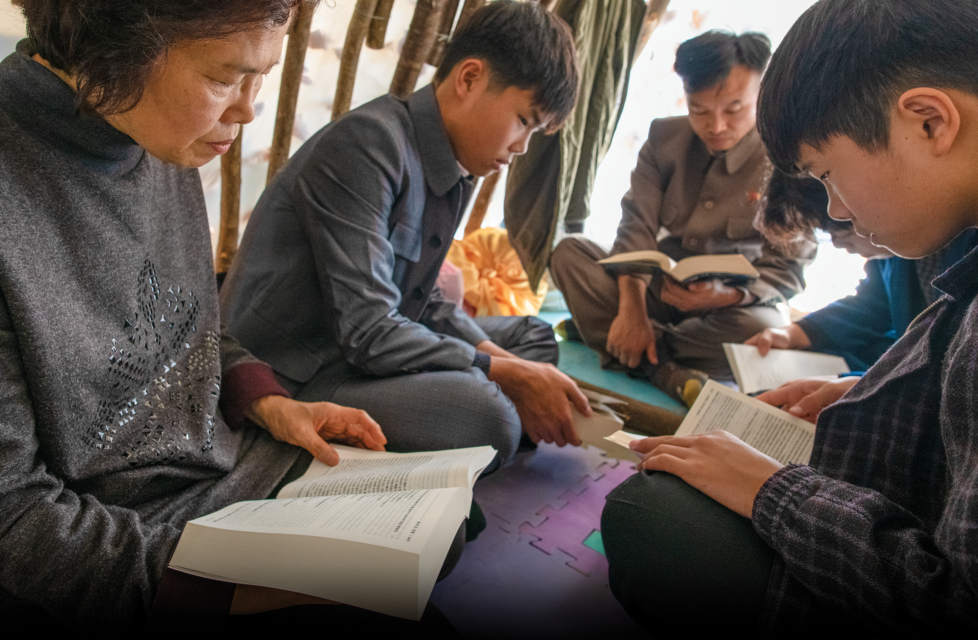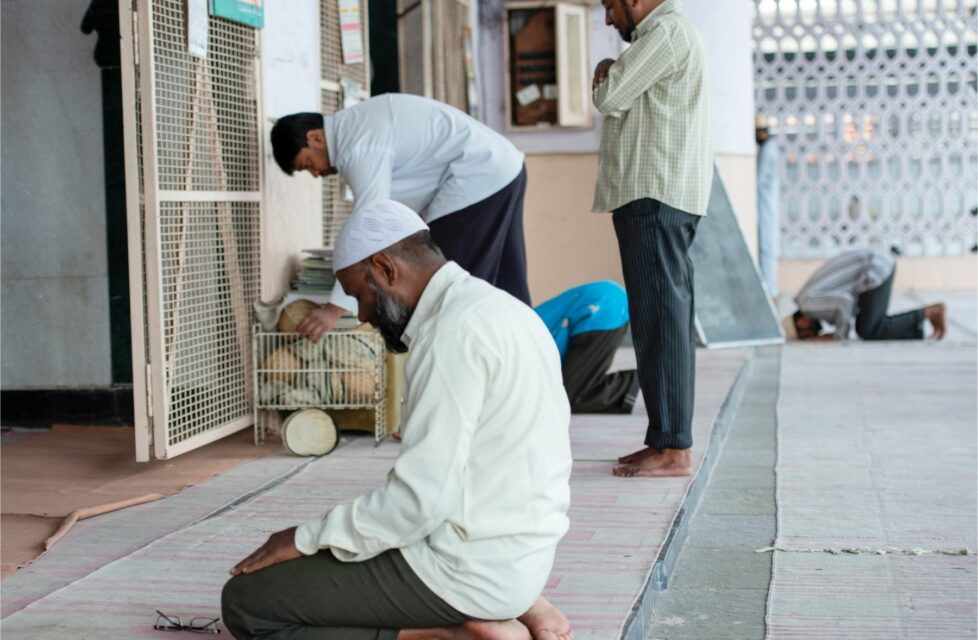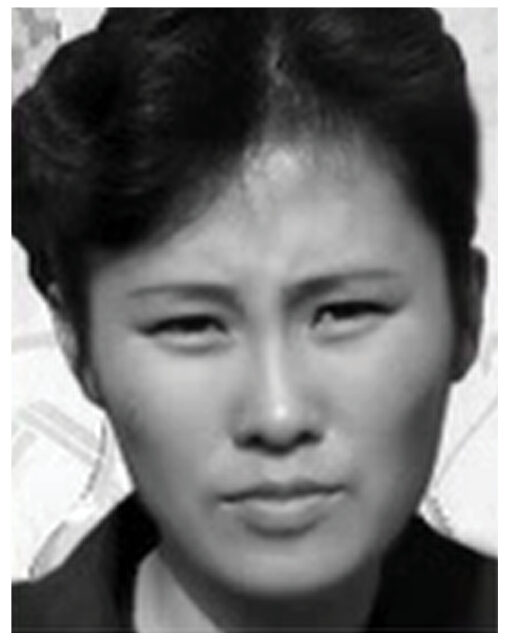Insights From Cole Richards, VOM President, On Sharing the gospel among Islamists in Africa The following reflection is written by Cole Richards, President of The Voice of the Martyrs. In this insightful passage, he discusses the rise of violent Muslim extremism across Africa and how God is still working across the continent. The rapid spread of Islamist ideology, oppression and violence in Africa has become one of the most important stories of our time. Millions of our Christian brothers and sisters in Africa have suffered greatly, including tens of thousands who have been driven from their homes while watching their possessions and livelihoods disappear amid the Islamist dream of a global caliphate. The Fulani, an African people group composed largely of migrant herdsmen, have come to be viewed as infamous villains within this larger story. Islamists among them have carried out an extended campaign of kidnapping and butchery across several nations with significant Christian populations. Armed extremists among the Fulani are indistinguishably mixed with other tribesmen who travel widely, freely and unpredictably across West and Central Africa. While Islamist regimes and more organized terrorist groups have identifiable features (leaders, armies, police, courts, councils, etc.) that help us watch, track and respond
Read MoreInsights From Cole Richards, VOM President, On Training Young Believers The following reflection is written by Cole Richards, President of The Voice of the Martyrs. In this insightful passage, he offers insight on raising up a new generation of believers in our nation. Years ago, I was standing with the elders in a remote village near the border of Syria and Turkey as their Islamic festival began. My wife was across the square with other young mothers, and our two children, ages 3 and 2 at the time, were playing happily with a large group of toddlers. My wife, wearing the head-to-toes traditional clothing required for women, did not draw attention, but our children’s bright blond hair made them immediately noticeable to all. With the exception of us four, everyone in the village was devoutly Muslim. We knew that some were Islamists, people who sought to make their country entirely Muslim, by force if necessary. As a frontier missionary family, it had taken more than a year for us to gain enough respect to be invited to visit such an entirely unreached village. And they were still resistant to everything we shared about Christ. We were there to communicate eternal truth
Read MoreInsights From Cole Richards, VOM President, On Responding to Issues The following reflection is written by Cole Richards, President of The Voice of the Martyrs. In this insightful passage, he offers insight on being united with our persecuted family members. When I tell people about persecuted Christians, I often receive a problematic but understandable response: “The world is a big place! I care about poverty, war, natural disaster, human trafficking, lack of education, persecution and many other troubling issues. But I can engage with only a few of these many problems and needs!” I heartily agree that we are not meant to be continually immersed in the world’s problems. However, there is a critical distinction to be made. Persecuted Christians are not a problem to be solved or a need to be met. They are our family, and together with us they are the body and bride of Christ. The truth we encounter in God’s Word is the highest, most important truth. For example, the reality of a believer’s death in this world is eclipsed by the greater truth of that believer’s eternal life in the presence of the Lord. Similarly, while it is true, as I write this, that I am
Read MoreInsights From Cole Richards, VOM President, On Responding to Evil The following reflection is written by Cole Richards, President of The Voice of the Martyrs. In this insightful passage, he offers insight on how the global body of Christ can respond to acts of violence against fellow believers. There are often stories in our magazine that describe acts of cruelty. We present these true testimonies carefully and responsibly, yet readers will surely experience strong emotions as they enter into fellowship with our precious Christian family members who have suffered. The word “inhuman” is sometimes used to describe acts of cruelty and abuse, and that usage has merit in declaring the truth of evil spiritual powers that inspire the acts of wicked men. However, scripture informs us that abominable acts are inherently part of the fallen condition of lost and sinful people. We may be shocked by cruelty and wickedness, but we should not be surprised. The Apostle Paul describes the lost as being “dead in their trespasses and sins” (Ephesians 2) and quotes the Psalmist in Romans 3:13–18 to explain the extreme depth of this lostness. Apart from God, he says, “all have turned aside; together they have become worthless; no
Read MoreInsights From Cole Richards, VOM President, On the impact of god’s word The following reflection is written by Cole Richards, President of The Voice of the Martyrs. In this insightful passage, he reflects on the impact of the Bible on the global body of Christ. Most of us are like Timothy, who from childhood was “acquainted with the sacred writings, which are able to make you wise for salvation through faith in Christ Jesus” (2 Timothy 3:15). We have had access to Scripture all our lives. But hundreds of millions around the world have not had a chance to hear of their Savior, Jesus Christ our Lord, and millions of those who have come to Christ in restricted nations are still waiting for their first Bible. Our enemy is the father of lies (John 8:44), and among his most powerful deceptions are the false hopes he designs to resemble God’s truth. Iran’s 1979 Islamic Revolution is one example of such a deception. The Iranian people, convinced of the virtue in rejecting secularism, embraced the false hope of an Islamic theocracy. Since then, the Iranian people have suffered the failures of a false religion for four decades. Islam, like other deistic or
Read MoreInsights From Cole Richards, President Of The Voice Of The Martyrs, On Our Call to martyrdom The following reflection is written by Cole Richards, President of The Voice of the Martyrs. In this insightful passage, he dives into the call to martyrdom every Christian has received from Christ. Persecution has been part of the experience of serving and following God from the beginning of human history. Abel, the second human born into God’s new creation, was killed for his faith and obedience by his brother Cain. In response, God told Cain that his brother’s blood was “crying to me from the ground” as a testimony against Cain’s sin (Genesis 4:10). Only a perfect blood sacrifice could redeem the sin of mankind, and the writer of Hebrews points out that the blood of Christ declares a better testimony than that of the blood of Abel (12:24). Abel’s blood cries out for justice and vengeance, whereas the blood of Christ cries out for forgiveness and redemption. Our Lord’s death is the completed work of our salvation: “It is finished!” (John 19:30). He bled to save us from our sins, and we cannot add anything to what he has done to set us free.
Read MoreAt 21, Mehfri enrolled in a Bible school in Indonesia with no intention of studying the Bible. Although he had grown up in a Christian family, he enrolled in the school only to hide from the police, who were after him for selling drugs. “I was not in the Bible school to get born again,” he said. “When I was in the Bible school, I was thinking how I could sell drugs to the students to get money.” After a few months at the school, and three years of selling cocaine and Ecstasy, Mehfri was arrested and put in jail. Then, one day, a pastor who visited the jail every Friday gave Mehfri a Bible. As Mehfri began to read the Scriptures, he recalled the few lectures he had paid attention to during his time at the Bible school. The lessons on God’s love spoke to him in his time of need, and his heart was softened toward the Lord. “I read Romans 10, and at that time I confessed that Jesus is my Lord,” he said. Twenty days later, his father, who had always struggled to make ends meet, came up with the money to pay his bail. Following
Read MoreEach time a new customer walked through the door of the small coffee shop in South Korea where Min-jae shared his story with VOM workers, he hesitated or stopped talking completely. The middle-aged North Korean studied each person’s face anxiously, searching for clues to his or her intent. Min-jae knew from experience that he could never be too careful, even outside North Korea. Spies often cross the border into South Korea to find defectors and report their names to the North Korean government, which then punishes their relatives still living in the country. “In North Korea, no one trusts each other,” said Min-jae, who even suspected his wife of being a spy. “We have to be very cautious about how we think and always careful with our words. I still have that kind of tendency. I get a little nervous, looking back and forth.” With the coffee grinder providing background noise, Min-jae gradually grew more comfortable sharing the story of how he became a Bible smuggler in the most restricted nation on earth. The Bible: Dangerous Cargo in North Korea Min-jae became a believer during a lengthy business trip to China in 2004. While there, he had visited a friend’s
Read MoreThough predominantly Hindu, India is also home to one of the world’s largest Muslim populations. One bold evangelist is making sure they hear the gospel, despite persecution from both Muslims and Hindus. Harikiran was born into a Hindu family, but he came to know Christ at age 15 after his sister-in-law was healed from a lengthy illness. When modern medicine and witchcraft had failed to improve her condition, she and her family accepted a pastor’s invitation to visit his church. They soon came to know Christ, and Harikiran’s sister-in-law quickly recovered. “From that day,” he said, “we decided to follow Jesus.” In his eagerness to share the peace and healing his family had experienced, Harikiran began telling others about his new Christian faith. As a result, he has faced many challenges over the past couple of decades as he has continued to tell others about Jesus. He has been arrested three times, jailed for a week, beaten, and harassed by a mob of Hindu activists. But none of these difficulties have hindered Harikiran from sharing the gospel. “If we save one woman or one man,” he said, “it will be worth it. Not a single person should be without God.”
Read MoreIf not for a North Korean government training video, the testimony of Cha Deoksun’s life would never have been known. Produced to train state security agents how to identify and silence those who promote religion inside North Korea, the film denigrates anyone who practices religion. According to the film, Deoksun received Christ in China and then returned to North Korea to share her faith. Incredibly, the propaganda film gives many details about the life of this courageous Christian. It states that during North Korea’s “Great Famine” in the mid-1990s, when an estimated 2.5 million people died, Deoksun was a strong revolutionary whose faith in the government had wavered. After visiting a woman in the northwest to ask for help, she illegally crossed the border into China in search of her uncle. But instead of finding her uncle, who had died, Deoksun found the Seotap Church, where she heard the gospel for the first time. The video says she became a “fanatical believer” who was inspired to return to North Korea and form an underground network of Christians inside the country. When she returned to North Korea, Deoksun apparently turned herself in to authorities for crossing the border illegally. The video
Read More
